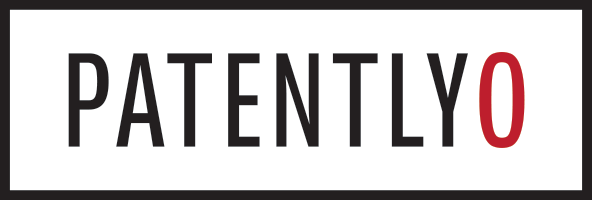
"The Federal Circuit reversed a Texas jury's $166 million infringement verdict in Finesse Wireless LLC v. AT&T Mobility LLC, 24-1039 (Fed. Cir. Sept. 24, 2025), holding that the patentee's contradictory and unclear expert testimony could not support the Jury's finding of patent infringement. The case is centered on Finesse's U.S. Patent Nos. 7,346,134 and 9,548,775, which relate to methods of reducing "intermodulation interference" in wireless communications."
"Chief Judge Moore, writing for a unanimous panel, emphasized that when a patentee's infringement case rests on "self-contradictory testimony" from its expert, courts "may conclude the evidence is insufficient" to satisfy the burden of proof. But in this case, the panel didn't just note the possibility of insufficient evidence - it actually applied the rule against the patentee. After analyzing Dr. Wells's contradictions, the opinion held: "This sort of confusing change of course is not sufficient to support the jury verdict.""
The Federal Circuit reversed a $166 million jury verdict in Finesse Wireless v. AT&T, finding the patentee's expert testimony contradictory and unclear and therefore insufficient to prove infringement. The patents involve methods for reducing intermodulation interference in wireless communications. Chief Judge Moore explained that self-contradictory expert testimony permits courts to conclude evidentiary insufficiency, and the panel applied that rule after identifying Dr. Wells's inconsistent statements. The decision signals heightened Federal Circuit scrutiny of expert evidence, requiring parties to present experts who address technical and patent-law issues comprehensively, with internally consistent, record-tied, and particularized testimony.
Read at Patently-O
Unable to calculate read time
Collection
[
|
...
]